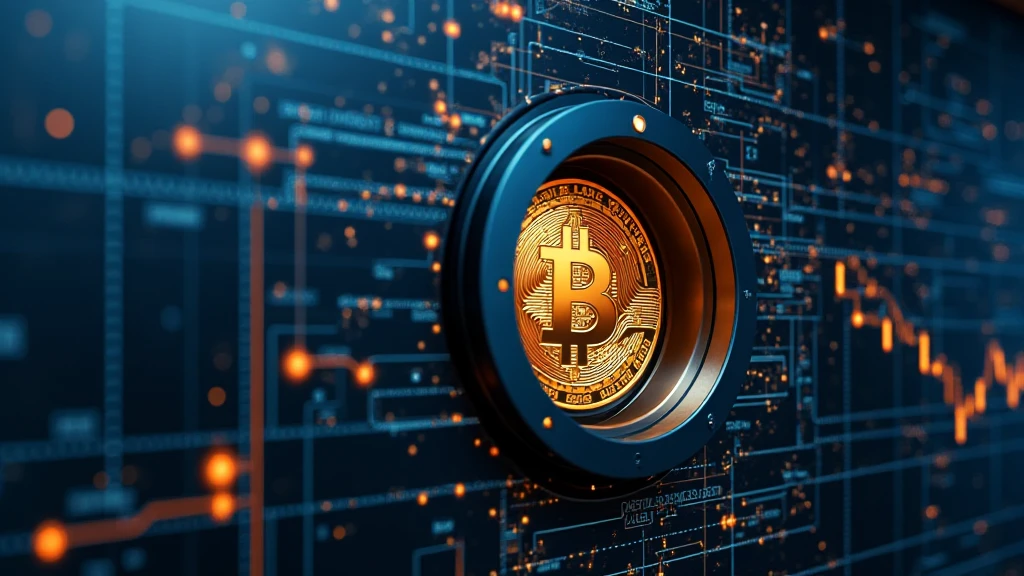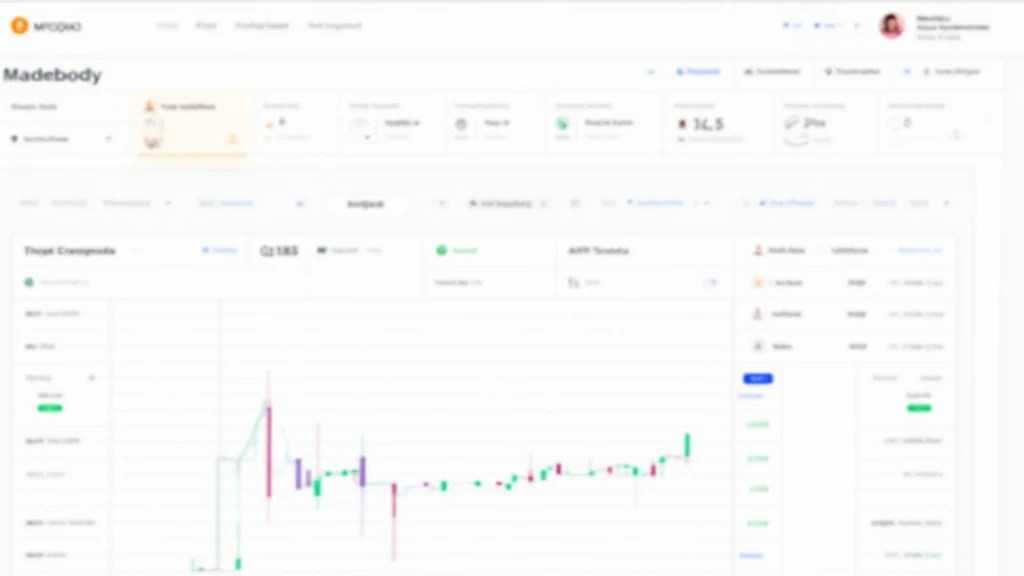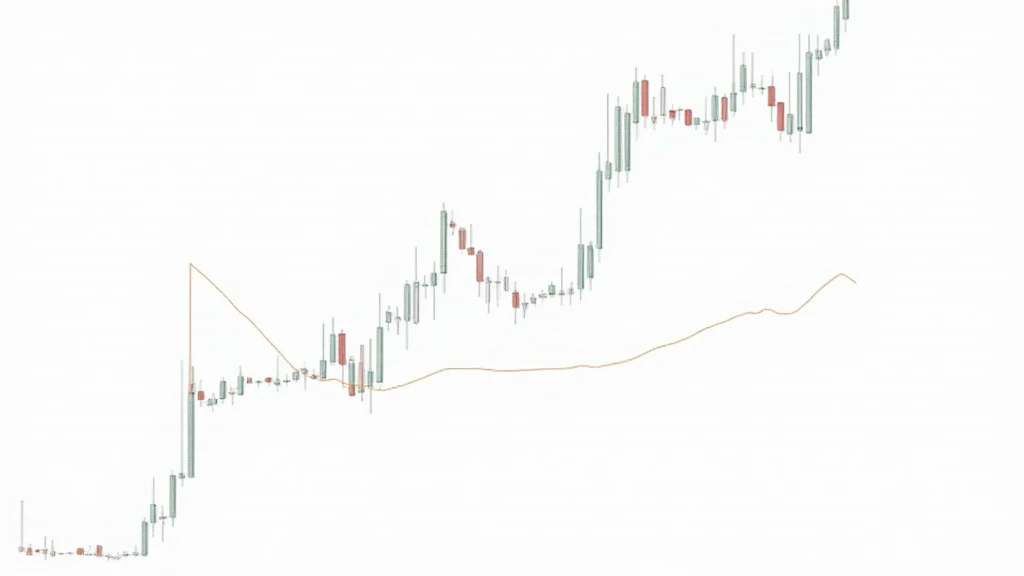Bitcoin Exchange Security Audits 2025: Your Gateway to Safer Transactions
In the rapidly evolving world of cryptocurrency, security is not just an option—it’s a necessity. With a staggering $4.1 billion lost to decentralized finance (DeFi) hacks in 2024 alone, the demand for stringent Bitcoin exchange security audits has never been more pressing. Data breaches, hacking incidents, and fraud can devastate both platforms and users alike. As cryptocurrency usage grows worldwide, including in emerging markets such as Vietnam, where the number of users increased by over 30% in just a year, understanding and implementing robust security measures is vital.
This article aims to provide comprehensive insights into the concept of Bitcoin exchange security audits, highlighting their importance, methodologies, and best practices. Whether you’re a user or an investor, understanding these concepts can empower you to make safer decisions in the crypto space.
Why Security Audits are Essential for Bitcoin Exchanges
Security audits function as a critical safety net for Bitcoin exchanges by identifying vulnerabilities that could be exploited by malicious actors. Think of security audits as akin to having a team of experts regularly inspecting a bank’s vault for potential breaches—they ensure that your digital assets remain secure.

- Protection Against Hacks: Regular audits detect weaknesses that could lead to hacks.
- Regulatory Compliance: Many jurisdictions require exchanges to undergo security audits.
- User Trust: Audits enhance user confidence in the exchange’s operations.
Components of a Bitcoin Exchange Security Audit
A comprehensive security audit typically covers various critical components, including:
- Infrastructure Security: Review of server configurations, firewalls, and data storage methods.
- Smart Contract Audits: Evaluation of smart contract codes to identify exploitable programming errors.
- Operational Security: Assessment of internal policies and employee training regarding security practices.
Let’s break it down further by examining how to audit smart contracts—a key component in the security framework of decentralized applications.
How to Audit Smart Contracts
Auditing smart contracts involves a systematic process designed to catch potential vulnerabilities before they can be exploited. The steps include:
- Code Review: Thoroughly check the smart contract’s code for weaknesses.
- Use of Automated Tools: Employ tools like Mythril or Slither to automate part of the auditing process.
- Manual Inspection: Manual code inspections are crucial, as automated tools might not catch every issue.
- Testing: Implement unit tests to ensure functionalities work as intended.
Challenges in Achieving Security Standards
Despite the advantages, several challenges hinder the implementation of effective security audits:
- Rapid Technological Changes: The crypto landscape evolves quickly, making it difficult to keep up with new vulnerabilities.
- Lack of Expertise: There is a shortage of skilled auditors who are familiar with the intricacies of blockchain security.
- Cost Constraints: Many smaller exchanges may lack the budget for thorough security audits.
Case Studies of Major Security Breaches
Learning from past incidents can help improve future security protocols. Here are examples of high-profile breaches:
| Exchange | Year | Amount Lost | Cause |
|---|---|---|---|
| Coincheck | 2018 | $530 million | Insufficient security protocols |
| Bitfinex | 2016 | $72 million | Vulnerable access controls |
| Mt. Gox | 2014 | $450 million | Mismanagement and theft |
As these incidents show, even well-established exchanges are not immune to security vulnerabilities, highlighting the importance of proactive audits.
Future Trends in Exchange Security Audits
Looking ahead, staying aligned with security trends is essential. Here are some predicted trends shaping the future of Bitcoin exchange security audits:
- AI in Security Audits: Artificial intelligence will play a critical role in detecting vulnerabilities.
- Increased Emphasis on Compliance: Regulatory bodies will likely mandate more stringent audit processes.
- Blockchain-based Solutions: Solutions that use blockchain technology for security audits could become popular.
Conclusion: The Imperative for Bitcoin Exchange Security Audits
In a landscape still rife with vulnerabilities, conducting regular Bitcoin exchange security audits can no longer be viewed as optional. Security audits serve as both a shield against potential threats and a pathway towards building user trust and regulatory compliance. For investors and users alike, understanding these processes helps create a safer environment for transactions.
Embracing best practices and remaining vigilant in your approach to security can significantly mitigate risks. Remember, in the world of cryptocurrencies, being proactive is your best defense.
Further Reading
For those digging deeper into cryptocurrency security, be sure to check out our Vietnam crypto tax guide and other related resources.
As a reminder, this article is for informational purposes only and does not constitute financial advice. Always consult local regulators for compliance.
Stay informed and secure your assets—explore more at mycryptodictionary.





